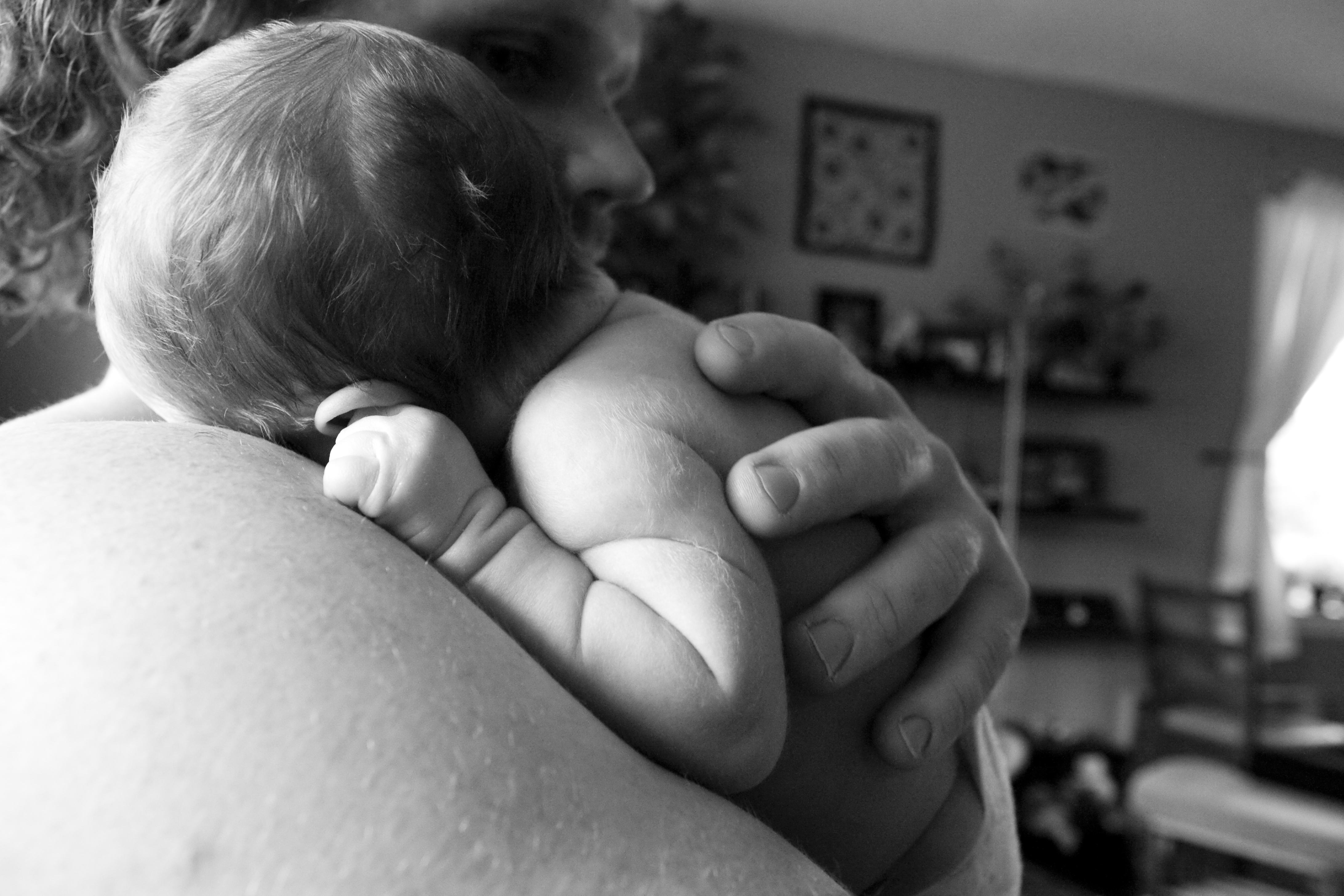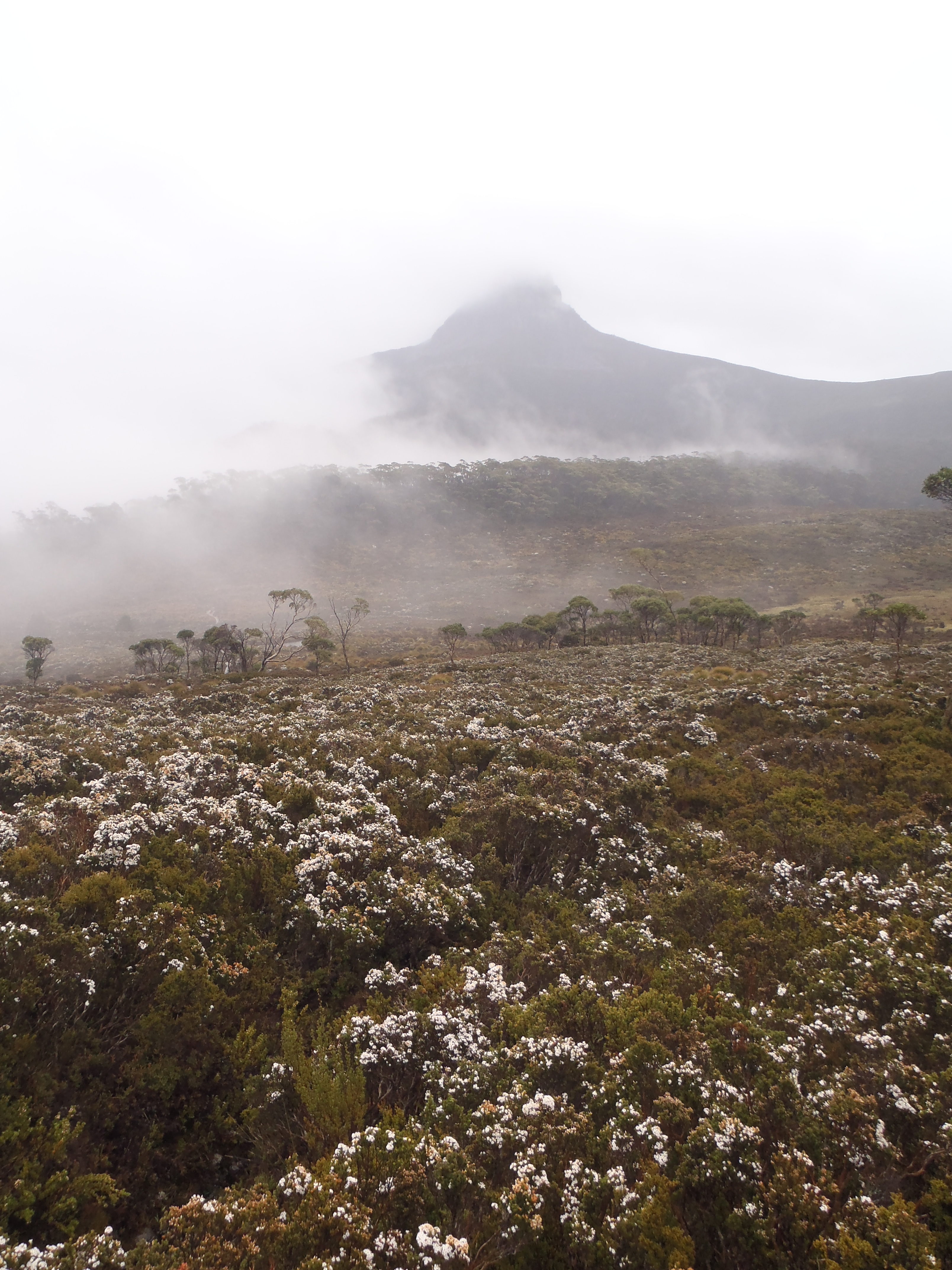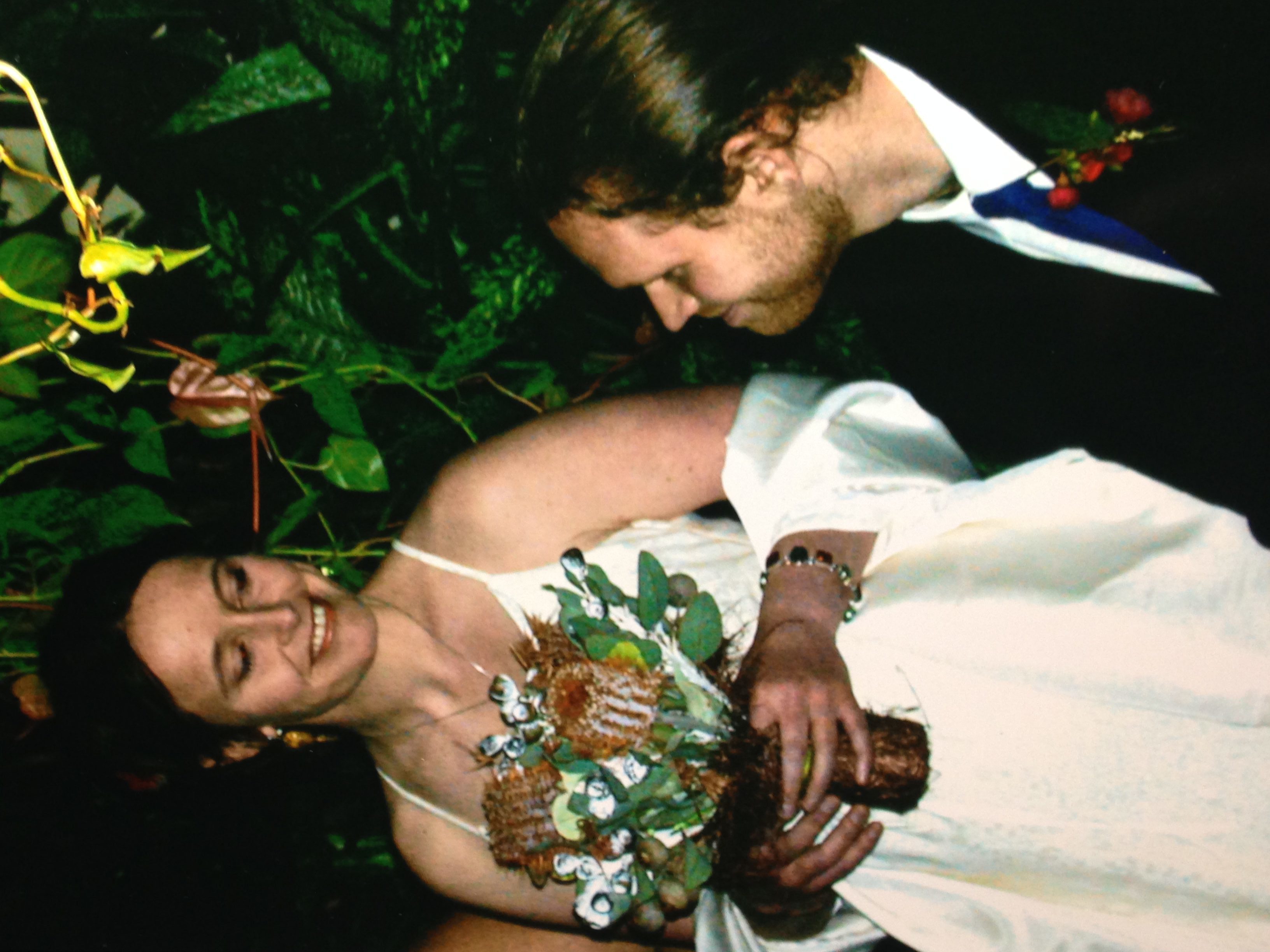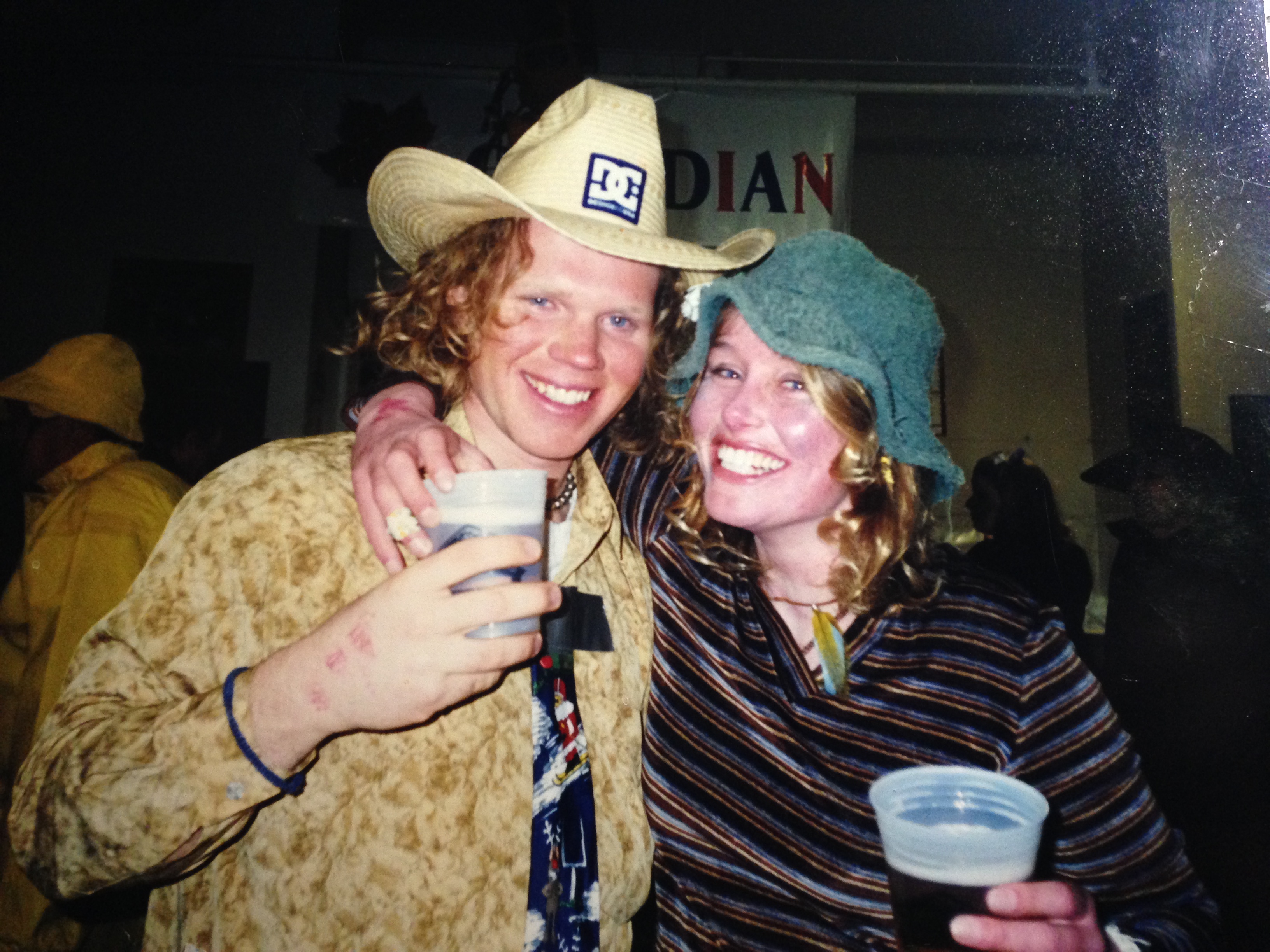Balance
Returning to full time study as a mature aged student is hard. It is, on occasion, isolating, bewildering, frustrating and completely and utterly overwhelming – kind of like being a parent.
As one of the many people raising a family while at university, I’m trying to balance caring for my children with my studies, sustaining a relationship with my partner, getting enough exercise and finding time for myself. I want to excel as a mother, scientist, partner and friend, and at times, my expectations are unrealistic, resulting in stress, anxiety and fears I’m failing at everything.
While, theoretically, it’s possible for me to make my kids animal shaped sushi for lunch each day, stick to a rigorous exercise regime, and publish prolifically in the best journals, it is about as sustainable as strip mining. In reality, I craft elegant emails to my supervisors explaining why my research is not as far progressed as I’d promised, my kid’s teachers barely recognize me, dust bunnies the size of cats blow through my hallway and we are having toasted cheese sandwiches for dinner – again.
Life will always interfere and prevent me from achieving my career goals as rapidly as I would like, be it children, health complications, or other reasons, and as stated in an outstanding article in Science, we need to re-evaluate success and our priorities.
I need to accept that occasionally I’ll miss a school event due to work constraints, or after my son falls off the monkey bars, I’ll spend the night dozing in hospital lounger instead of presenting at a long anticipated conference. My personal and professional life is managed the way a nurse triages emergency patients: which role requires my attention right now.
Borrowing an analogy of work life balance from the author James Patterson, imagine a series of balls representing work, family, friends and spirit being actively juggled. Each ball is made of either rubber or glass and fluctuates between materials at different times. If a ball made of rubber is dropped, it bounces back. However, a fumbled glass ball may chip or even shatter to pieces.
The trick to balance is determining when a ball is rubber and when it is glass.
Republished by Science Magazine
http://science.sciencemag.org/content/357/6351/618















